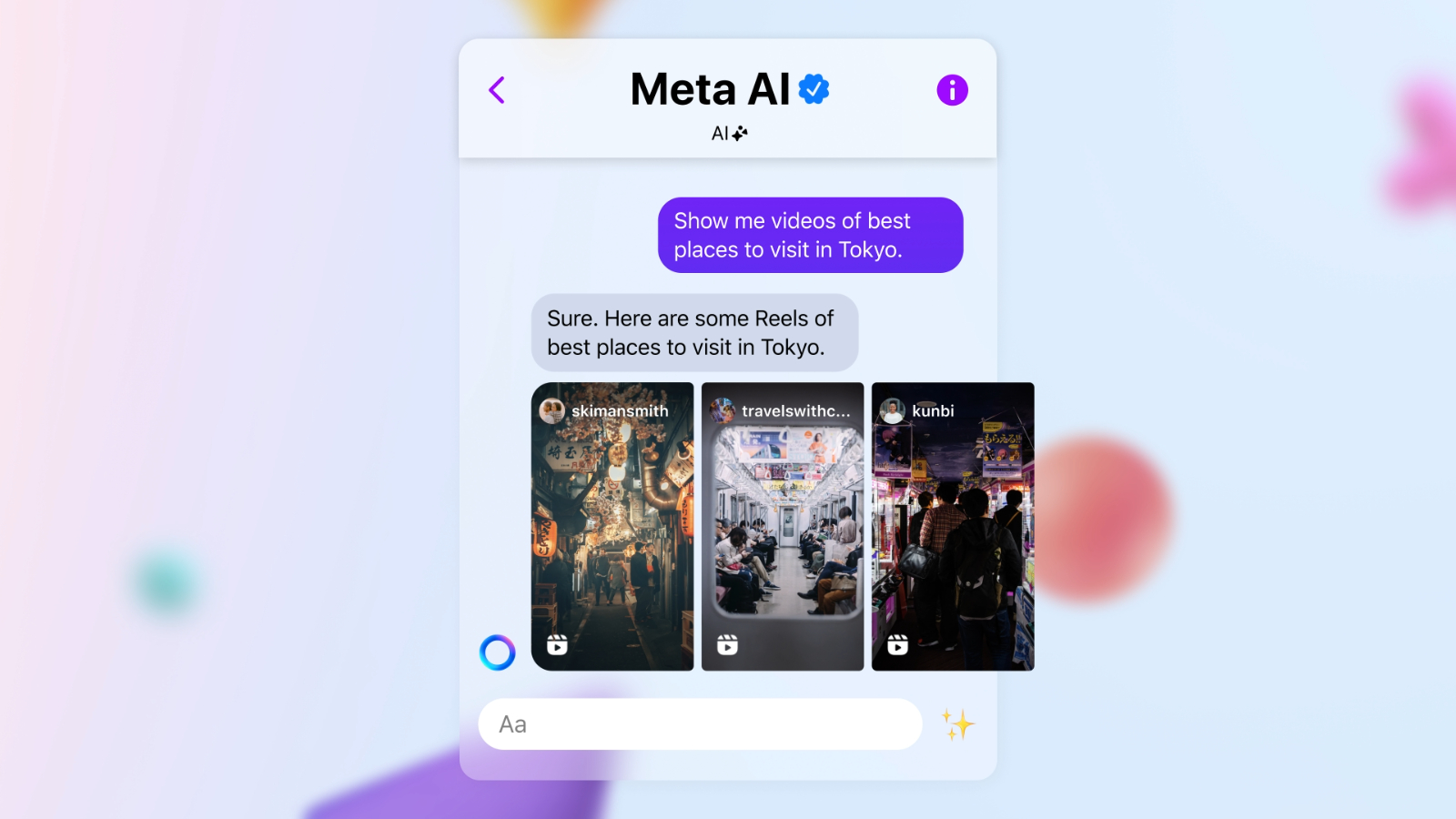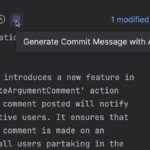Meta’s Latest AI Image Generator Sparks Privacy Concerns
In a bid to keep pace with competitors like DALL-E and Midjourney, Meta has unveiled its standalone AI image generator, dubbed Imagine with Meta, available on the web at no cost (at least for the time being). This tool creates images based on text prompts, showcasing its innovative capabilities.
Despite its promising features, Meta’s image generator has faced criticism, particularly regarding user privacy. The AI model is trained on an extensive dataset comprising billions of images sourced from Facebook and Instagram, prompting apprehension among users about the safety of their online content.
Meta has clarified that the image generator exclusively utilizes publicly available data, excluding private posts shared within closed circles to uphold user privacy. However, this assurance has not fully assuaged public concerns.
A Reddit user aptly highlighted the disparity in rights, drawing a comparison: “Funny how Disney has more rights to [pictures] of Mickey Mouse than you have to your own photos.” This sentiment underscores the unease surrounding the use of personal data for AI training.
While the tool showcases remarkable image generation capabilities, the reliance on vast amounts of personal data raises pertinent questions regarding data security and user autonomy. Some individuals are reevaluating their social media practices, with one Reddit user sharing, “This is one of the reasons I haven’t posted a picture of my face to social media in 10+ years.”
Currently accessible in the US, Meta’s image generator produces four images per prompt, each bearing a visible watermark to enhance transparency and traceability. Additionally, Meta plans to implement an invisible watermark on AI-generated images, designed to withstand common image alterations, ensuring enhanced protection against unauthorized usage.






